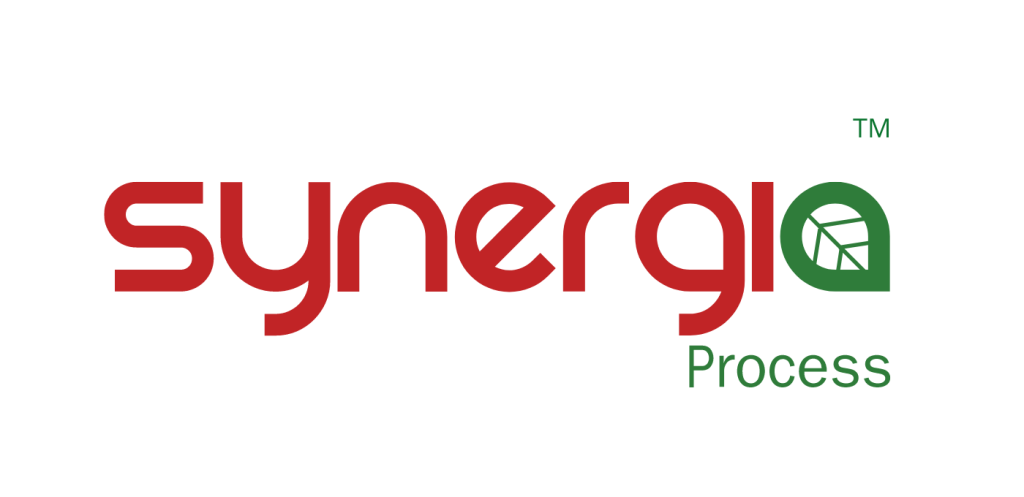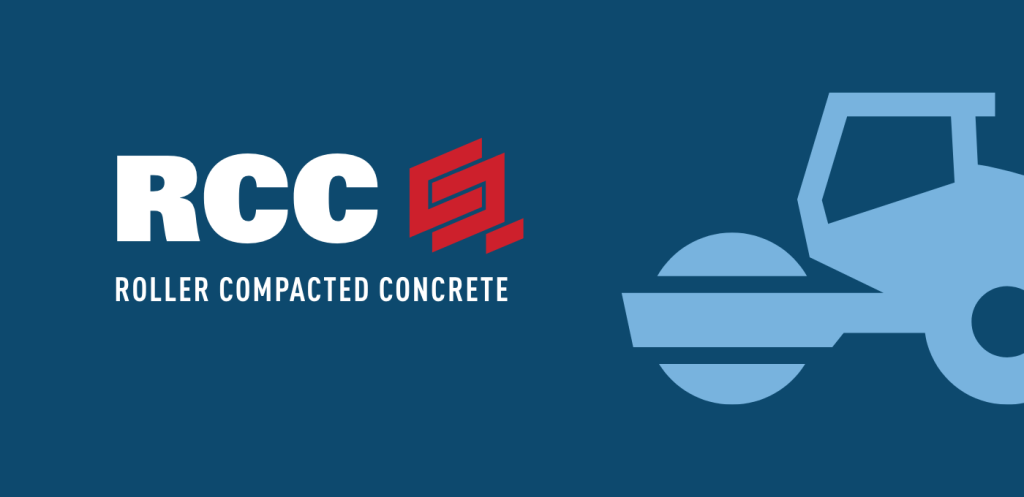- Cement
- Construction
- Sustainable development
-
-
Sustainable development
-
-
- About Us
- Contact Us
Cement
Which type of cement to use ?
> Cement > Which type of cement to use ?
Which type of cement to use ?
Cement is a hydraulic binding agent, that is, a finely inorganic ground material which, when mixed with water, forms a paste that will harden progressively over time.
Which Type of Cement Better Suits my Needs?
In Canada, the Canadian Standards Association (CSA) specifies six types of cement under the standard A3001. These cements are produced to answer precise physical and chemical specifications. GU General use cement is a multipurpose cement suitable for all applications not requiring the special properties of any other type of cement. Used in various applications such as : pavement, floors, buildings, sidewalks, pipes, masonry blocs, etc.
MS Moderate Sulfate Resistant Cement is used to protect concrete against moderate sulfate attacks. It is used for common structures or structure elements in contact with soils or underground water having sulfate concentration higher than normal but not exceptionally high. Concrete exposed to sea water is often made with MS type cement. It is also used for mining or industrial applications.
MH Moderate Heat of Hydration Cement is especially designed to generate less heat, and more slowly, than a general use cement. Heat of hydration is a chemical process started when water is mixed with cement. Moderate heat of hydration cement is an optional characteristic that is offered to clients. This type of cement can be used in massive construction such as dams, bridge piers or columns, foundations or thick retaining walls for which the risk of heat-induced cracking is higher, especially if concrete is to be poured in warm weather.
HE High Early Strength Cement produces high strength in a shorter time, usually in a week or less. This cement is chemically and physically similar to the general use cement, except that its particles are grounded more finely. It is used when formwork have to be removed rapidly or if the construction has to be put in service without delay. For cold weather construction, HE cement reduces curing time.
LH Low Heat of Hydration Cement is used in cases where there is a need to reduce as much as possible the heat generated by the hydration process. This cement builds its resistance more slowly than other types of cement. It is recommended for massive concrete constructions such as gravity dams for which heat of hydration has to be reduced to a minimum. LH cement is usually available for major projects and on special order.
High Sulfate Resistance Cement is used in concrete with high sulfate exposure, mainly in cases where soil or groundwater has a high sulfate content. Strength from concrete made with sulfate resistance cement will develop more slowly than with the general hydraulic cement. A low water-cement ratio and a low permeability are essential for concrete exposed to sulfates.
White Portland Cement is distinct from regular grey cement by its white colour. It complies with general use and early high strength cements applicable CSA specifications. Manufacturing process using negligible amounts of iron and magnesium oxides produces its white colour. White portland cement is mostly used for architectural purposes: precast curtain walls, cladding panels, terrazzo, stucco, cement paint, ceramic grout or decorative concrete. It is recommended for white or coloured concrete, grouts or mortar.
Cement Types Sold by CQI
| Type of cement | Description |
|---|---|
| GUb-8SF | Cement blended with silica fume. For bridges, overpass, high resistance structures, high durability. |
| GU PER | Specialized cement for constructions needing a lighter color. Used for masonry and colored precast concrete elements. |
| MS | Moderate sulfate resistance cement. This type of cement is generally used in New England, USA. ProBase cement is a MS type cement used in soil stabilization techniques. |
| MH MHb-10F | Moderate heat of hydration cement. Enercem™ MH cement type used for mass concrete construction. |
| HE | High early strength cement. For precast concrete and other uses. |
| HS HSb-8SF et HSb-10F | High sulfate resistance cement. Enercem™, Compactcem™. |
| Masonry Type N and S | Production of mortars Type N, Type S. |
Cement
We produce eco-efficient cements of the highest quality.
At Ciment Quebec Inc. we are committed to manufacture the best cements. We achieve this through the skills of our dedicated employees, the high quality of the materials we select and with the technology we use for manufacturing. Our cement manufacturing process Synergia™ requires 30 % less energy and generates up to 10 % less polluting emissions than other cements available on the market. This enables us to produce eco-efficient cements of the highest quality.

